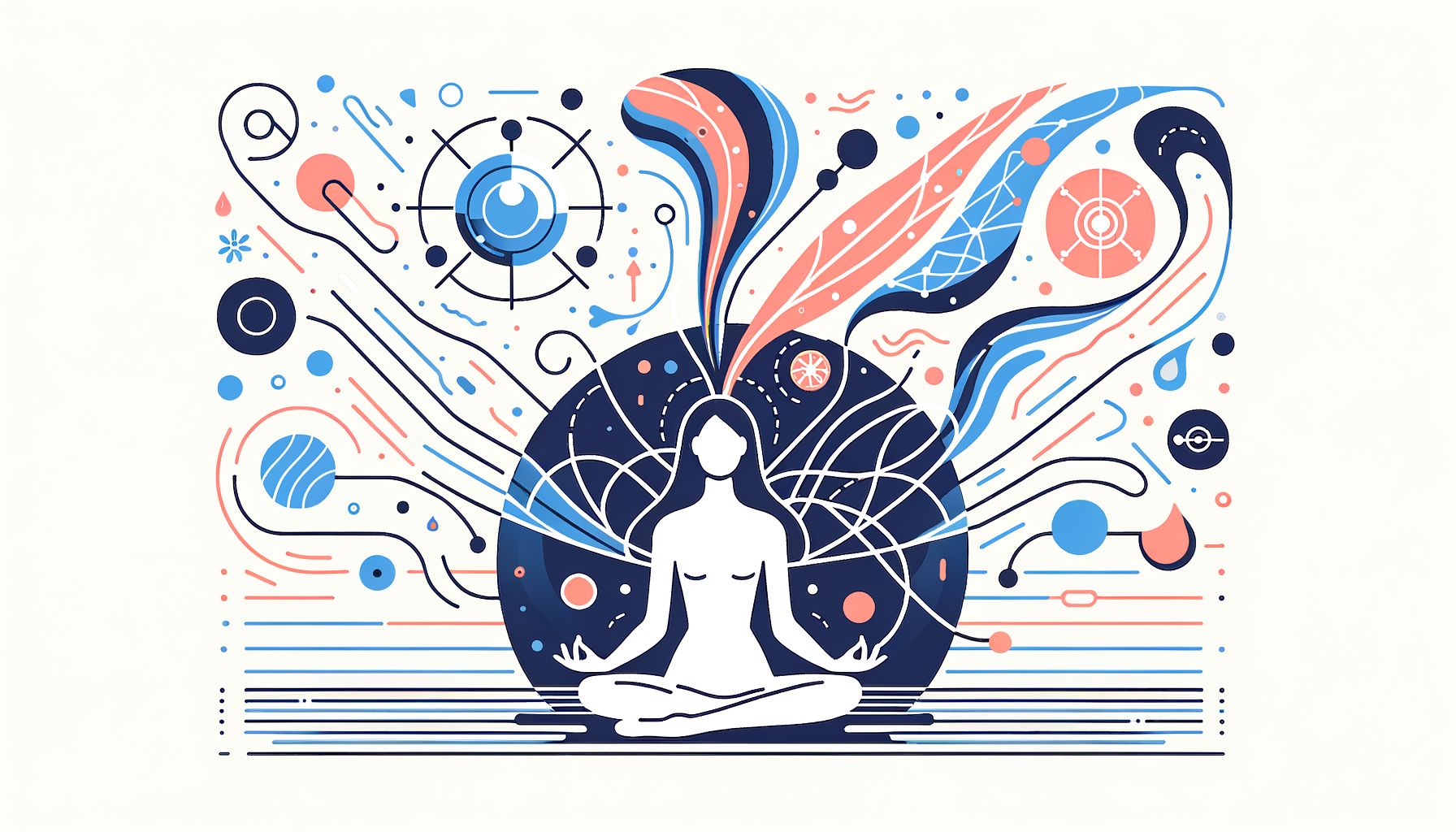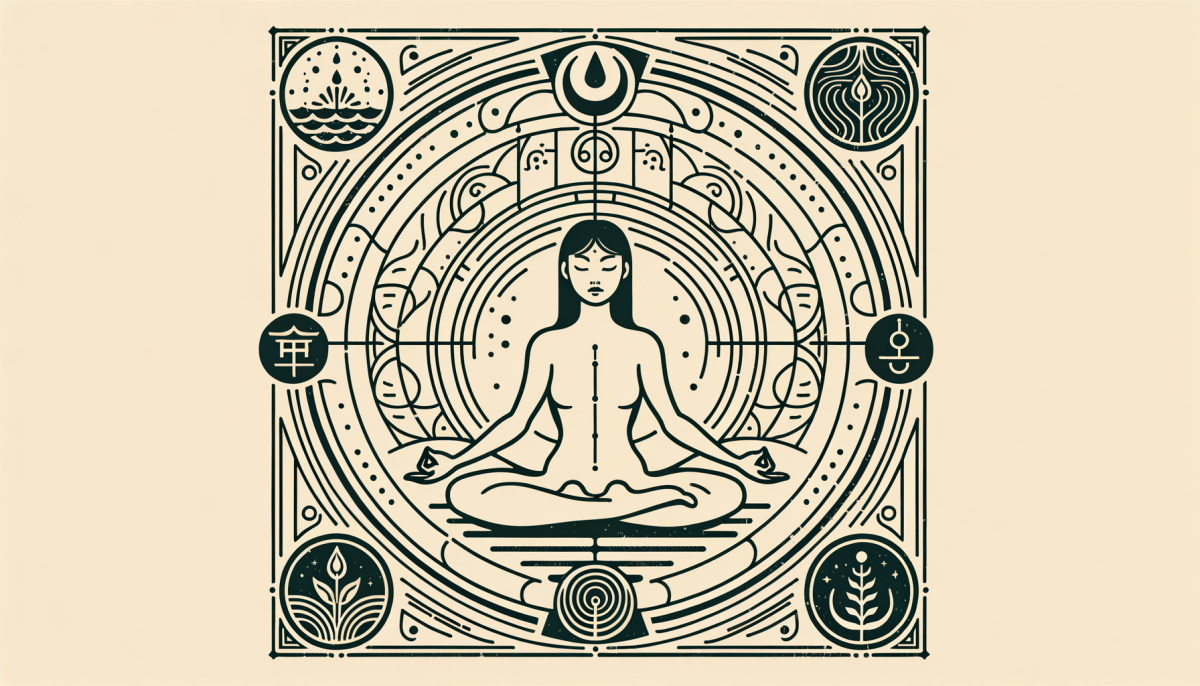Introduction
Holistic healing, a concept as ancient as humanity itself, is a journey of attaining wellness through the unification of the mind, body, and spirit. This approach to health and well-being is not merely about eradicating disease or managing symptoms but about fostering vitality and nurturing the inherent healing capacity of the human organism. It is a dynamic process of achieving balance, harmony, and integration within ourselves and with the world around us.
Mind-Body Connection

The mind-body connection is a profound, intricate interplay that significantly influences our health and well-being. It is a symbiotic relationship where our thoughts, feelings, beliefs, and attitudes can positively or negatively affect our biological functioning. Conversely, what we do with our physical body—what we eat, how much we exercise, even our posture—can impact our mental state.
This connection is not a novel concept but is deeply rooted in ancient philosophies. Modern science, too, has begun to recognize this link. Psychoneuroimmunology, a relatively new field of study, explores how the mind influences the body’s immune system. It has provided scientific evidence supporting the age-old wisdom that our mental state can affect our physical health.
Understanding this connection is crucial in holistic healing. It encourages us to take responsibility for our health and well-being by adopting positive habits, attitudes, and lifestyles. It also underscores the importance of mental health in maintaining physical health and vice versa.
Spiritual Wellness
Spiritual wellness, another critical aspect of holistic healing, is a personal matter involving values and beliefs that provide a purpose in our lives. While spirituality is often associated with religious faith, it also encompasses personal growth, mindfulness, and the quest for meaning and purpose.
Spiritual wellness can bring comfort, hope, and resilience during difficult times. It can provide a sense of perspective that enables us to see life as a coherent and meaningful journey. It can also foster a sense of connection to a larger universe, promoting a sense of peace and harmony.
Achieving spiritual wellness involves seeking and maintaining a balance between our physical, emotional, social, and spiritual selves. It requires an ongoing process of introspection, self-discovery, and personal growth.
Integrative Healing Techniques
Integrative healing techniques are a collection of practices that complement conventional medicine and are designed to treat the whole person. These techniques, which include meditation, yoga, acupuncture, and herbal medicine, among others, aim to restore balance and harmony to the mind, body, and spirit.
Meditation and yoga, for instance, are powerful tools for managing stress and promoting mental and physical health. They foster mindfulness, improve flexibility and strength, and enhance respiratory and cardiovascular function. Acupuncture, a traditional Chinese medicine practice, is believed to balance the body’s energy flow, or qi, to promote healing and well-being.
Herbal medicine, another integrative healing technique, uses plants or plant extracts to promote health and treat illness. It is one of the oldest and most widely used forms of medicine in the world. Herbal medicine recognizes the body’s innate healing power and seeks to support and enhance this process.
Conclusion
Holistic healing is a comprehensive approach to health and well-being that recognizes the interconnection of mind, body, and spirit. It emphasizes the importance of balance and harmony, not only within ourselves but also with the world around us. By understanding and harnessing the power of the mind-body connection, nurturing our spiritual wellness, and utilizing integrative healing techniques, we can embark on a fulfilling journey towards holistic health and well-being.





